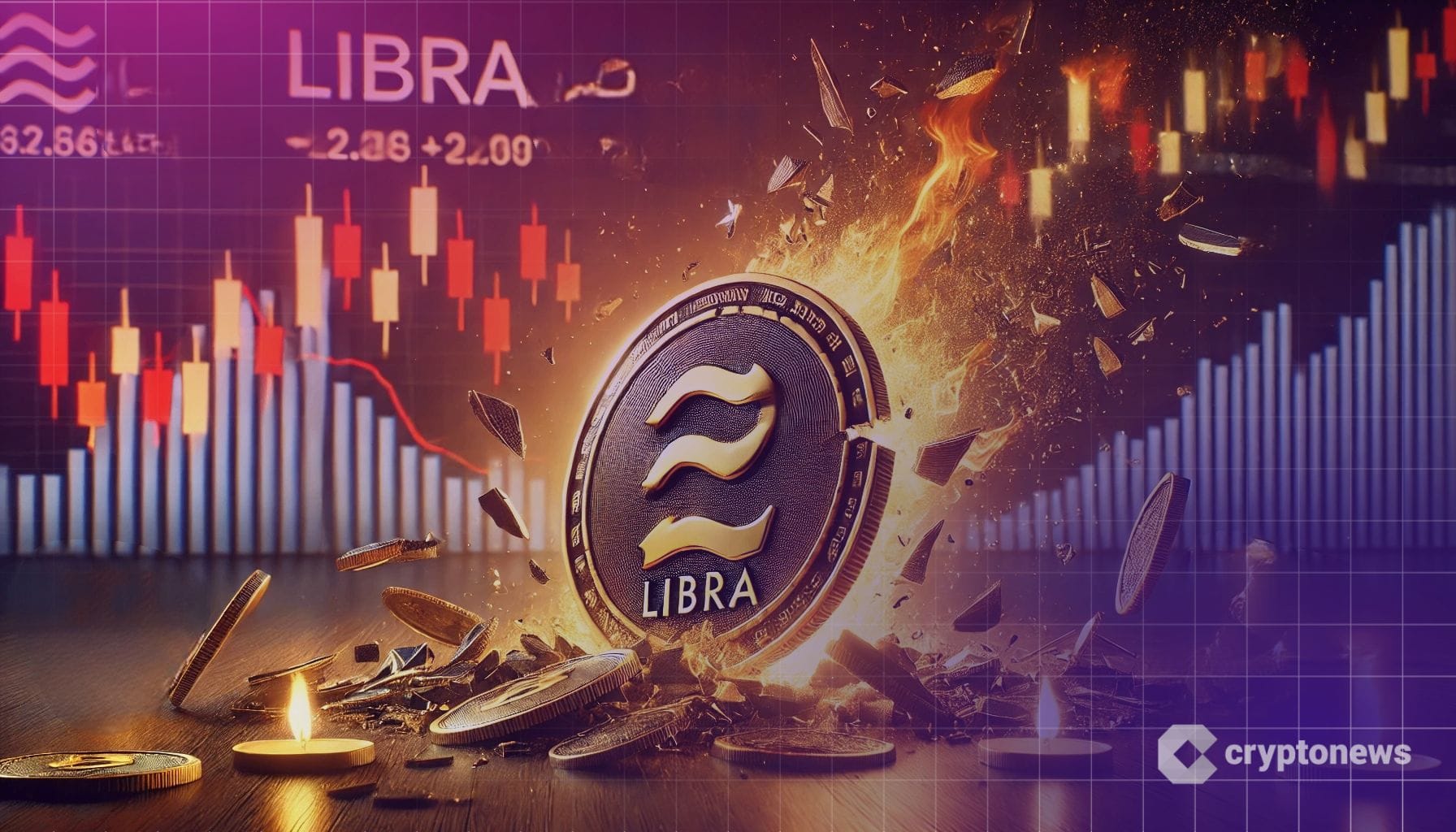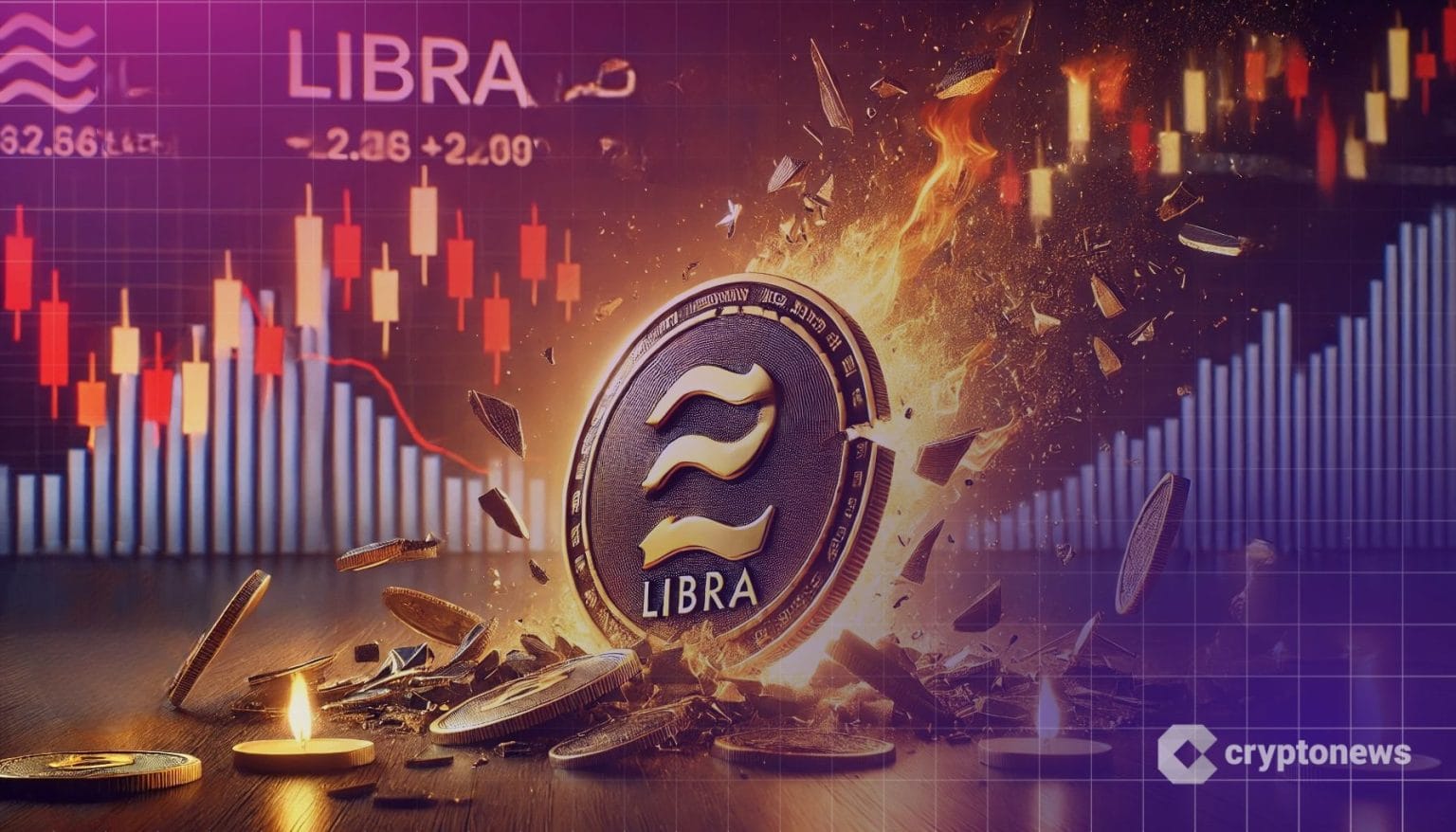Last updated:
 Why Trust Cryptonews
Why Trust Cryptonews

Hayden Davis, the founder of the now-defunct Libra (LIBRA) meme coin project, has defended the controversial token’s collapse on Monday, dismissing critics as traders frustrated by missing out on insider deals.
Davis made the remarks in an interview with YouTube investigator Stephen Findeisen, known as Coffeezilla, where he rejected fraud allegations and described the Libra token’s failure as a business misstep rather than a scam.
Libra Token Political Ties With Javier Milei, Insider Cash-Outs, and Fraud Allegations
From the interview, questions surrounding the ethics of insider advantages in meme coin trading remained unanswered.
When pressed on the matter, Davis responded, “So what do you do then? Not launch the project? How do you make money then?”—a reply that left Coffeezilla visibly shocked.
“All the complaining on social media comes from those who weren’t insiders. You’ll never hear them complain if they were in the deal,” Davis stated.
The LIBRA token saw rapid gains after receiving public support from Argentine President Javier Milei, whose since-deleted post on X helped propel the token’s market capitalization to over $4 billion before it plummeted by 94% within hours.
Adding to the controversy, reports suggest that at least eight insider wallets linked to the Libra team cashed out large sums before the collapse.
Blockchain analytics firm Bubblemaps uncovered evidence linking the LIBRA project to the Melania (MELANIA) token, launched on January 19.
According to their investigation, wallet address 0xcEA played a key role in Melania’s launch, profiting by $2.4 million through sniping strategies.
The same wallet later funded LIBRA’s creation and executed a similar strategy, pocketing $6 million via cross-chain transfers from Arbitrum and Avalanche.
Meanwhile, Argentine President Javier Milei is facing fraud charges related to LIBRA.
A legal petition, signed by engineer Baldiviezo and former Argentine Central Bank president Claudio Lozano, accuses Milei of orchestrating a rug pull and violating the Public Ethics Law.
The case is set to be assigned to a judge this week, and Argentina’s Anti-Corruption Office has confirmed it will take immediate action.
LIBRA Recovery Efforts and Growing Trend of Political Meme Coin Rug Pull
The LIBRA collapse left many investors in a state of grief. However, Binance founder Changpeng Zhao (CZ) has publicly pledged 150 BNB (approximately $100,000) to support affected victims.
Crypto influencer EnHeng has also committed $50,000 toward the recovery initiative to assist student investors.
The funds are being collected through a Binance Smart Chain (BSC) address for an upcoming charity dinner, with additional contributions encouraged to help victims recover from their losses.
The LIBRA controversy adds to the growing trend of political meme coins, including tokens tied to Donald Trump and the Central African Republic.
While these projects have seen brief surges, most have suffered sharp losses, raising further concerns about their sustainability and ethical implications in the crypto market.
Beneath the scandals and social-media brawls, the true lesson from LIBRA is that unchecked greed will always corrode trust.
Regulations might provide a safety net, but no rule can replace genuine integrity from project founders and those endorsing them.
Each time politics crosses paths with crypto, investors should ask whether the potential upside justifies the risk—and whether they can spot the warning signs before it’s too late.















